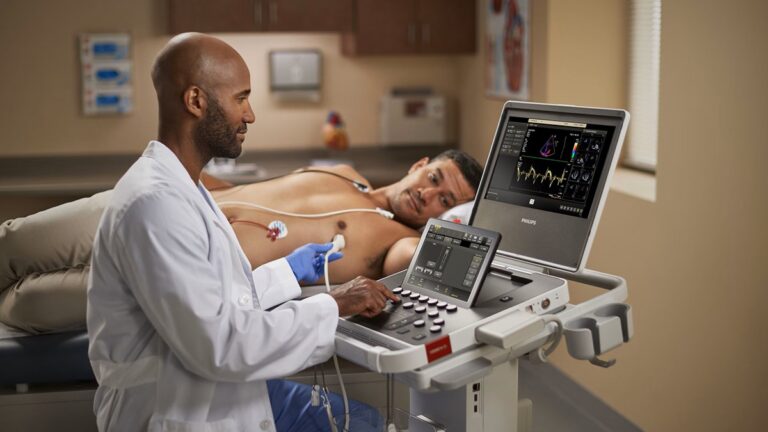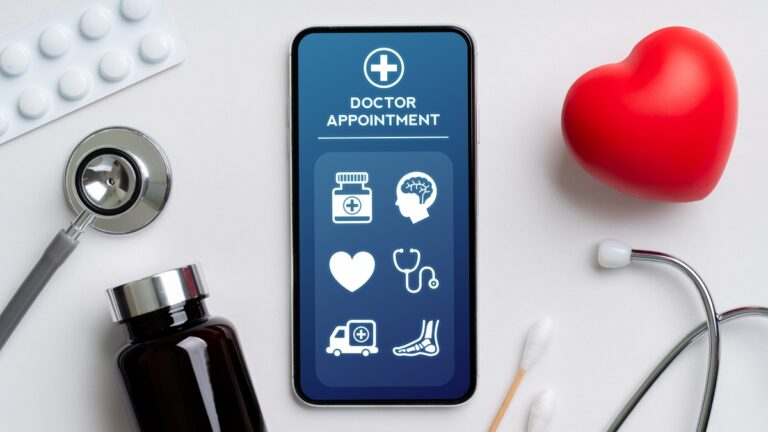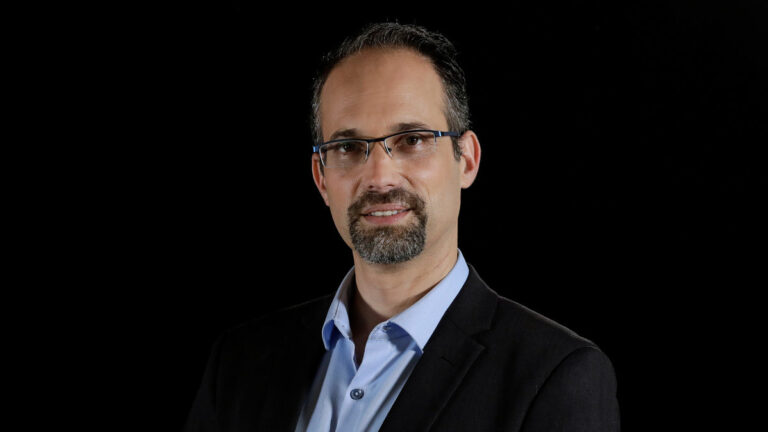Over-simplification of precision medicine
“A lot of the precision medicine we’ve been doing in oncology has really been focused on identifying individual mutations or individual variations of the genome, like HER-2 amplification, and matching patients based on the presence or absence of those single alterations to a therapy,” Quackenbush explained.
Lack of knowledge
In oncology researchers and medical professionals are starting to understand this. Other fields will follow, Quackenbush says. “I think they’re all going to come to the same point in really recognizing that single mutations or single genomic alterations are only really getting us part of the way to a solution.”
Hype: integrating phenotypic data into genomic databases
While Quackenbush sees a role for this data, he’s cautious about reading too much into it. “I think it all has to go together. It would be great to pull more data out of EHRs. The problem with most of them is that they’re not designed for research. They’re not even really designed for patient care; they’re designed for reimbursement.”
It’s a challenge to extract information at a macro scale, without losing the context of the data and a firm grasp of its limitations. Often scientists lose their necessary critical viewpoint and take way too big leaps. When medical data is interpreted in an agnostic way, scientists run into the problem of over-fitting or under-fitting their models. Or they build models that find correlations that lack real world value or relevance.




































